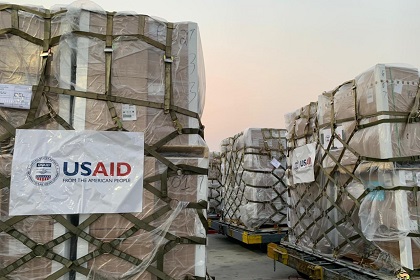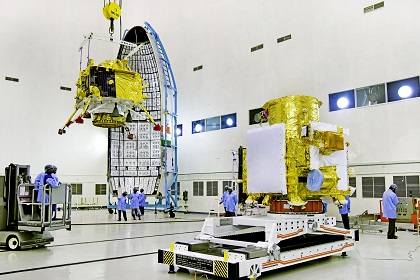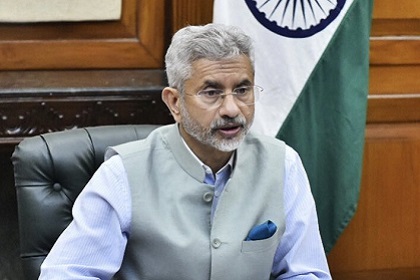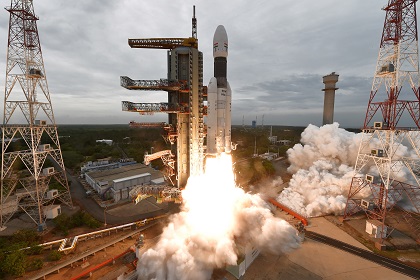India, U.S., & four days in COVID
In the past two weeks, the U.S. has been sending planeloads of aid to India. This is a welcome change from its previous hesitation, which turned around in four critical days. It reflects the importance of an effective Indian diaspora and of the Global Comprehensive Strategic Partnership with India.










